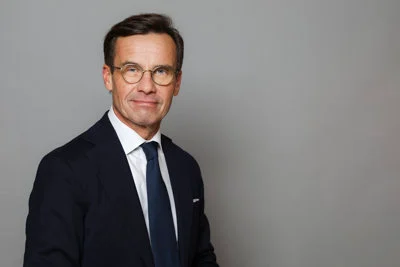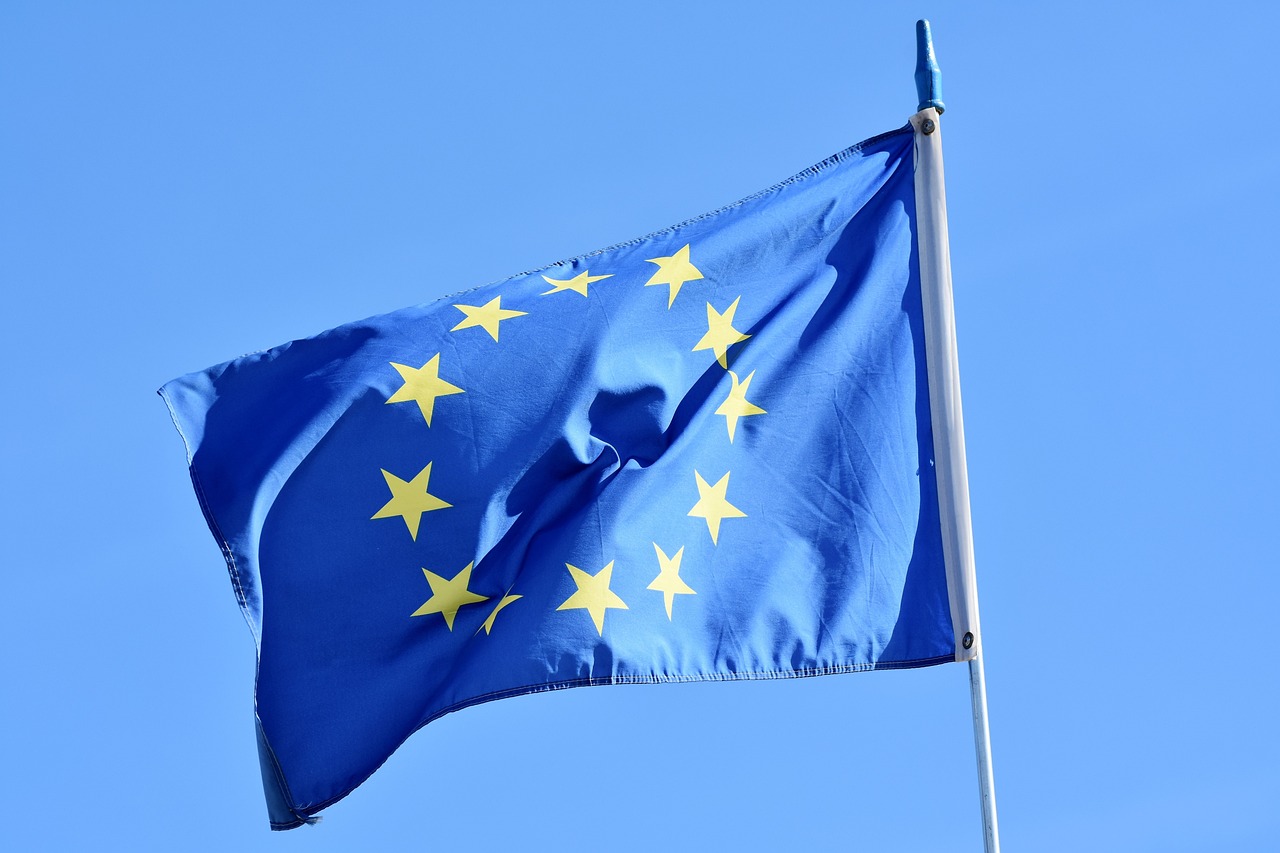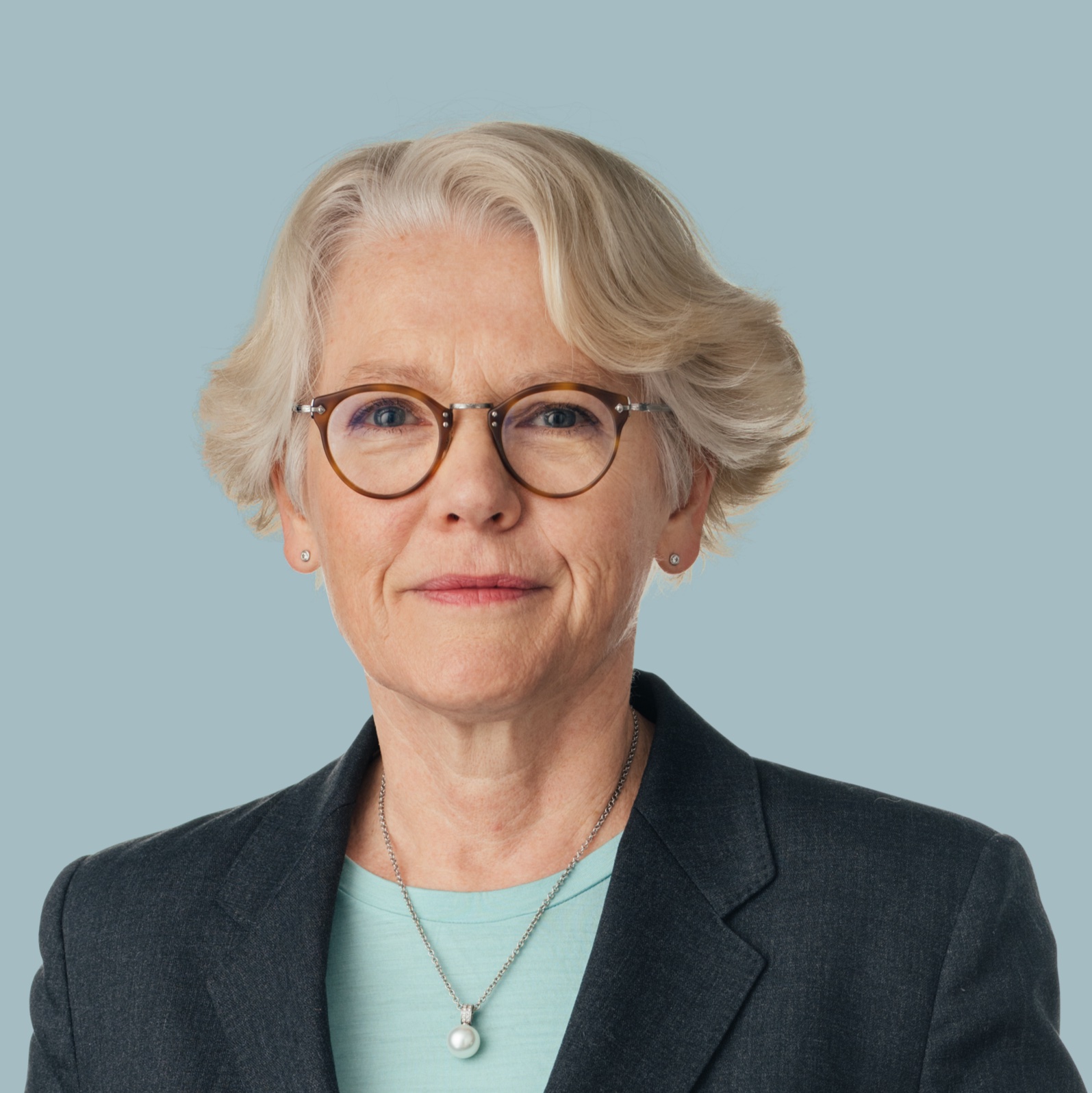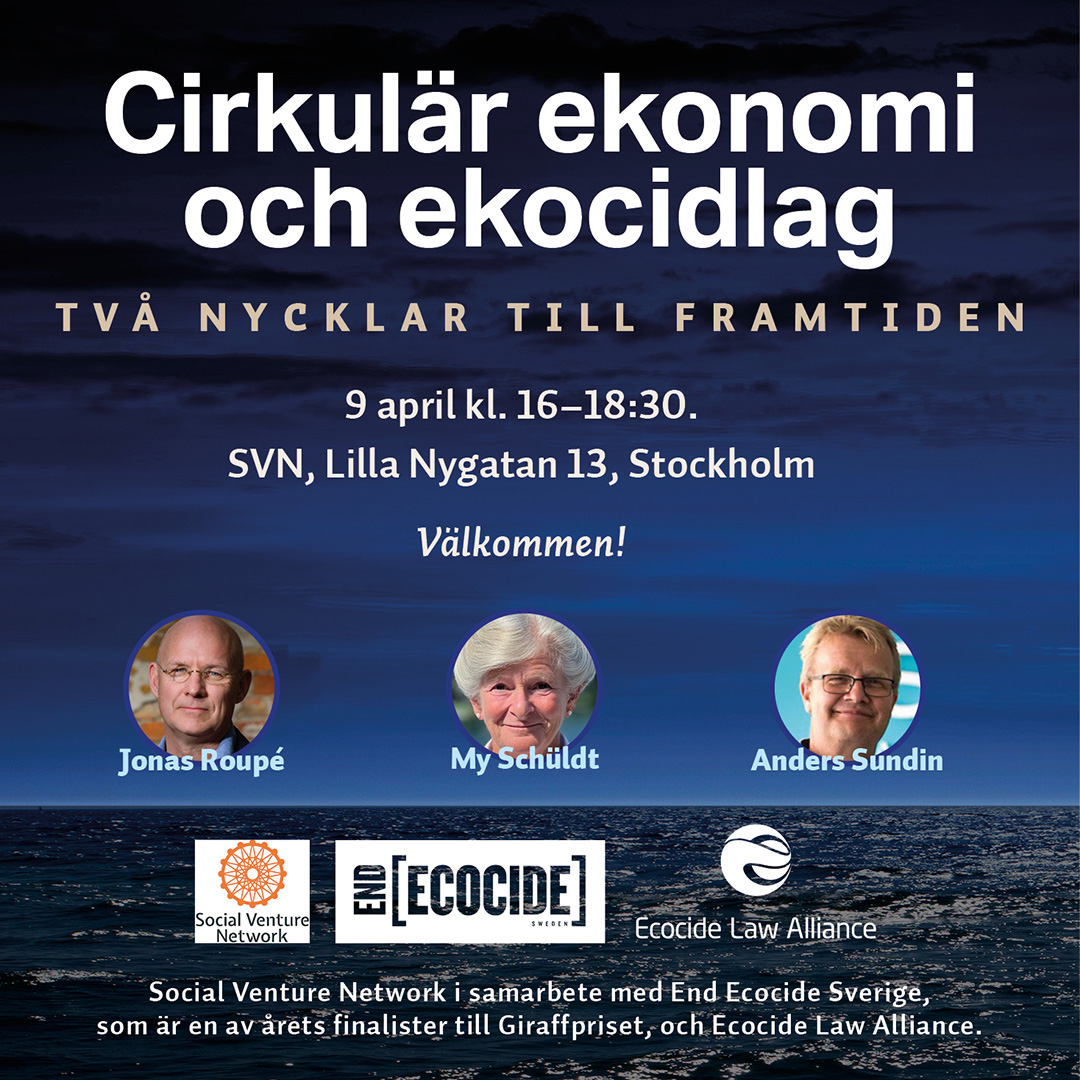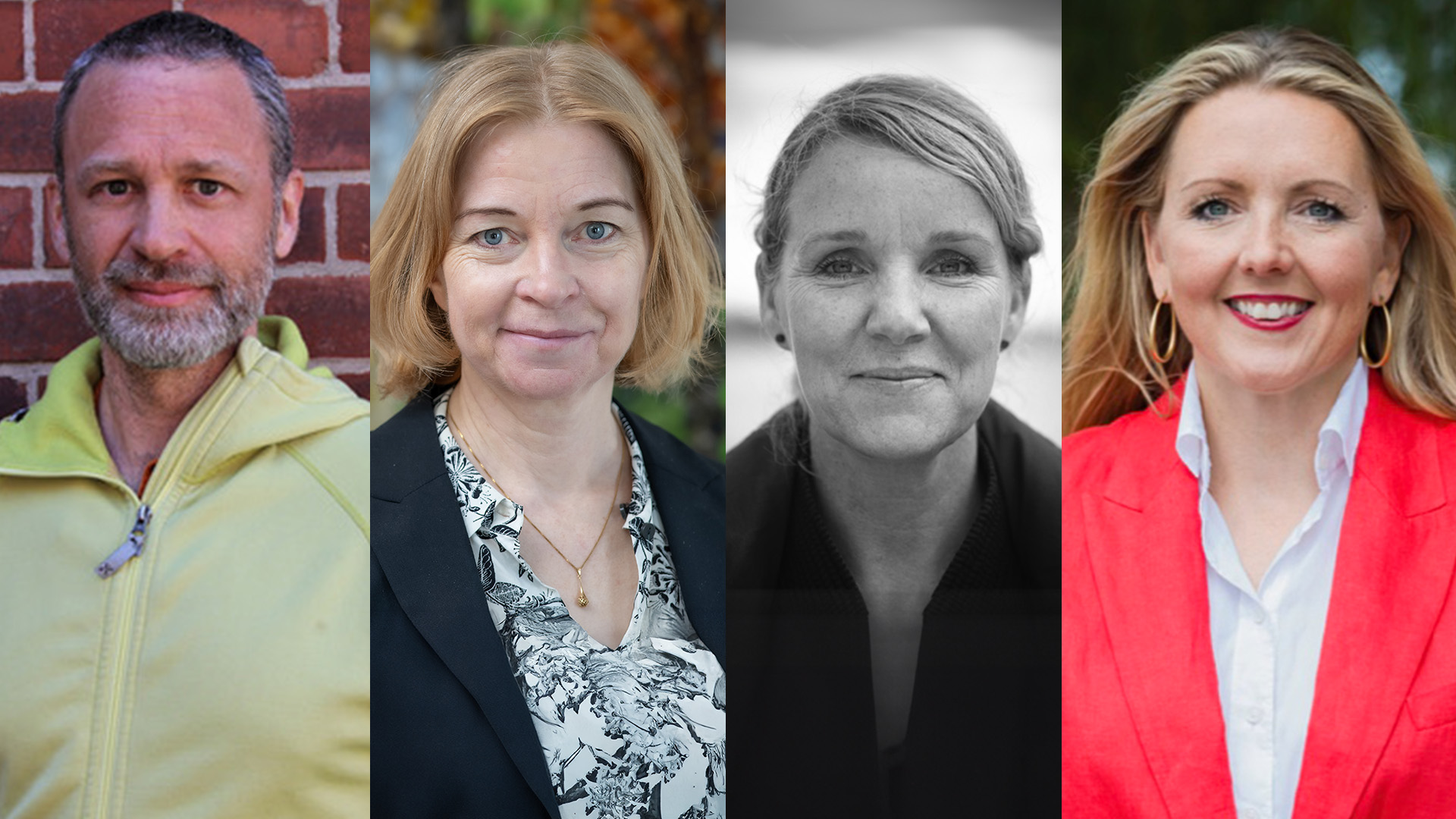Background
The consequences of the environmental destruction associated with Russia’s invasion of Ukraine will be felt long after the war is over, even beyond Ukraine’s borders. Ukraine is also driving the issue of holding those responsible for severe environmental damage internationally. President Zelenskyy has repeatedly referred to the environmental destruction as ecocide, and Ukraine’s 10-point peace plan includes prevention of ecocide as one of the points. Margot Wallström heads the High-Level Working Group on the Environmental Consequences of the War. She believes that what is happening in Ukraine is of importance to the whole world:
“We need a strong response to the war on nature and support all efforts to hold those responsible accountable.”
In connection with the EU committee’s meeting on October 25th, Rebecka Le Moine, member of the same working group, asked Swedish Prime Minister Ulf Kristersson whether the government could support Ukraine in recognizing ecocide as an environmental crime. Kristersson referred to a meeting with the Ukrainian Attorney General and replied that he “agrees completely with the view on environmental crime.”
“It is very gratifying that the Prime Minister is so clear. We hope that the government will now act in line with Ukraine’s wish to include ecocide as one of the crimes against peace at the ICC”, says Pia Björstrand, Chair of End Ecocide Sweden.
Nina Macpherson, Chair of Ecocide Law Alliance, says: “Making Ecocide an international crime will send a strong signal that society cannot and will not accept actions causing severe and widespread or long-lasting damage to the environment. It is encouraging to hear our prime minister supporting President Zelenskyy’s call for action.”
Rebecka Le Moine and several of her party colleagues have also submitted the member’s bill Helping Ukraine to hold Russia accountable for ecocide (Bill 2023/24:909).
In the footage from Swedish Parliament, the question was asked at 1:21:00; the answer is at 1:34:33.

